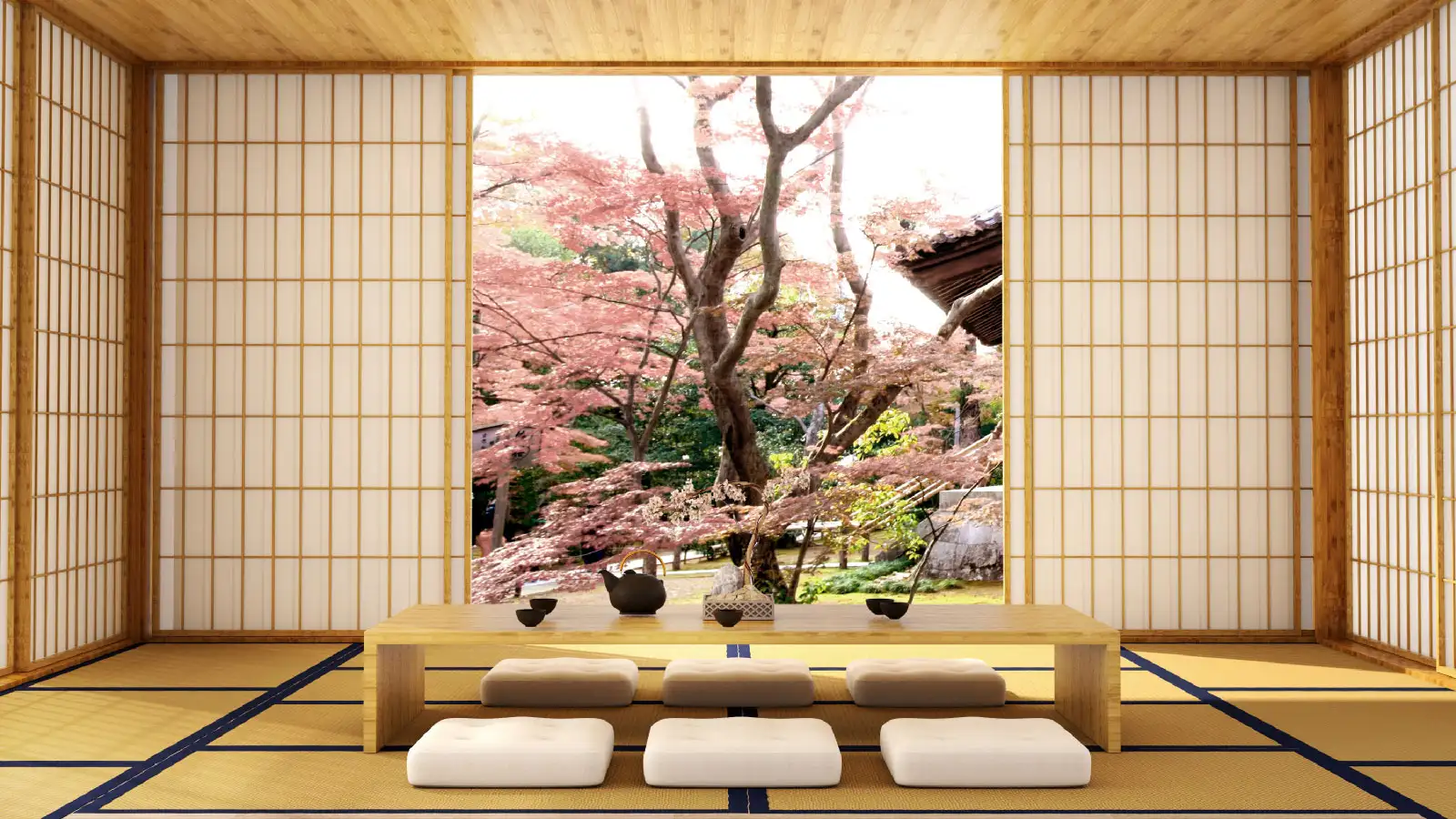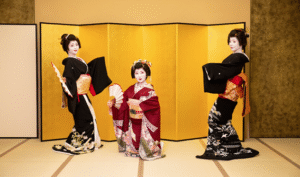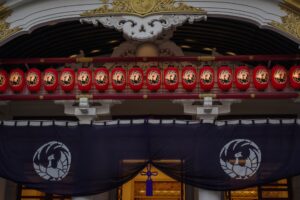Customs in Japanese Homes

Every home has its own customs and traditions based on a variety of things. Some people live alone, some have small children, some families have 1 child, others have 10. Some houses are cluttered, others are neat Essentially, every home is different for a number of reasons.
Inside Japanese homes you’ll notice some staple traditions and customs. The way the home is kept often follows Japanese people no matter where they live because it’s an instilled practice that they grew up with. Knowing and following these customs and traditions are about much more than not bringing dirt inside someone’s house; rather, they are about respecting the person whose house you are visiting!
One of the big, and probably most well known, customs practiced in Japanese homes is removing your shoes before entering the home. Traditional Japanese homes have a genkan, or a front entrance, that is lowered compared to the floor of the rest of the home. When you enter a home with a genkan your shoes should be removed there, shoes should never touch the raised floor.
You might be wondering what you should wear inside a Japanese home if you have to take off your shoes. Some hosts will offer you slippers, but the polite thing to do is bring a fresh pair of socks to wear because being barefoot is impolite.
If you travel to Japan and visit historic sites like a temple or more traditional restaurants then these shoe rules might also apply, so it is important to think ahead and wear shoes you can easily remove and bring socks or slippers to wear inside.
Now that you’re inside with your slippers and socks on it’s important to learn about mealtime etiquette. Mealtime expectations vary more than shoe and slipper etiquette, but a good general rule is to pay close attention to how your host is behaving and that will give you a good idea of how you should act.
https://www.jrpass.com/blog/japanese-etiquette-a-guide-to-visiting-a-japanese-homeBefore eating you might be offered an oshibori which is a warm towel used to clean one’s hands. It’s important to use this before you handle any food. As you can tell, cleanliness is extremely important in Japanese homes.
Another important thing to remember during mealtime is to try everything you’re offered.
Obviously if you have a dietary restriction respectfully decline and explain the specifics of your situation. Also, try not to leave anything on your plate if you can.
Remember, every home is different and it’s important to follow your host/hostesses lead! The most important rule is to enjoy yourself and your company.











